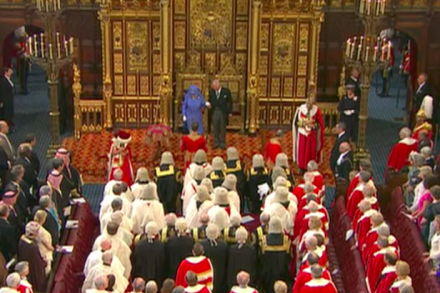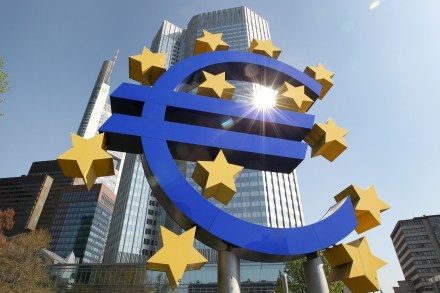Trouble in paradise | 22 June 2017
‘Riviera is the new Night Manager,’ I read somewhere. No, it’s not. Riviera (Sky Atlantic, Thursday) is the new Eldorado — except, unlike the doomed early 1990s soap opera in which Tony Holland attempted to recreate the success of EastEnders on the Costa del Sol, it has at least been glamorously relocated to Nice, Monaco, New York etc. The settings are the best thing about it. Those Mediterranean palaces with sun-bleached brick-red plaster and bougainvillea and shimmery blue pools and the sun-loungers arranged just so by invisible but discreetly attentive staff: we’ve most of us had the experience at some time or another, either because we’ve lucked out and been




















